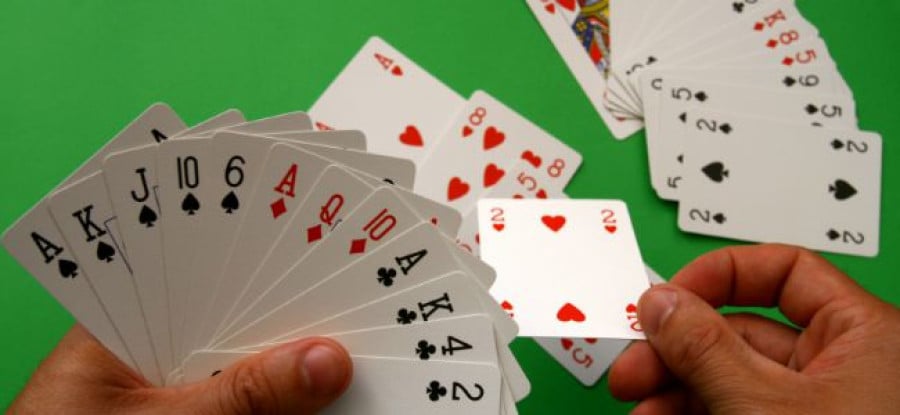How does the law define a sport?

What is a “sport”? What activities are included in the legal definition of "sport"? The legal status of the card game bridge has recently arisen in several separate legal contexts. The Administrative Court is to consider the question later this month (which may perhaps provide the bridge world with a distraction from the ferment of its current “cheating” scandal1), while the Upper Tribunal recently referred a similar question to the Court of Justice of the European Union.
Charity law
S.2(2)(g) of the Charites Act 2006 includes the “advancement of amateur sport” in the list of descriptions of purposes that are capable of being charitable if advanced for the public benefit. That Act contains a specific (and broad) definition of “sport”: “sports or games which promote health by involving physical or mental skill or exertion”. Perhaps unsurprisingly in the light of that definition, the Charity Commission decided on 28 February 2011 in Hitchin Bridge Club2 that bridge was “a game involving high level mental skill and exertion of the type which Parliament would have contemplated as falling within ‘the advancement of amateur sport’”. It also relied on research evidence of the potential health benefits of playing bridge.
Sport England
Sport England operates under a Royal Charter3 and receives funding from the Secretary of State under the Physical Training and Recreation Act 1937. Its objects under its Charter include “fostering, supporting and encouraging the development of sport and physical recreation and the achievement of excellence therein among the public at large in England and the provision of facilities therefor.”
The English Bridge Union wrote to Sport England challenging its published policy, but Sport England maintained its position, relying on its published policy that it would make recognition decisions based on the definition of “sport” in the European Sports Charter. In R (English Bridge Union) v Sport England4 the English Bridge Union challenged Sport England’s decision in the Administrative Court. Haddon-Cave J refused permission on the papers but at an oral hearing Mostyn J granted permission for the claim to proceed to a substantive hearing.
The European Sports Charter5 is a Council of Europe document which seeks to provide a framework for sports policy in member states. Art. 2(1)(a) defines “sport” as “all forms of physical activity which, through casual or organised participation, aim at expressing or improving physical fitness and mental well-being, forming social relationships or obtaining results in competition at all levels”. As Mostyn J noted, this definition does not require a competitive element (which the judge found “faintly surprising”) – hence Sport England recognises keep fit, rambling and yoga6 as sports – but it does appear to require “physical” rather than mental activity.
To continue reading or watching login or register here
Already a member? Sign in
Get access to all of the expert analysis and commentary at LawInSport including articles, webinars, conference videos and podcast transcripts. Find out more here.
- Tags: Bridge | Charities Act 2006 | Charity Commission | English Bridge Union | European Court of Justice | European Sports Charter 1993 | Governance | Physical Training and Recreation Act 1937 | Regulation | Sport England | The Council of Europe (CoE) | United Kingdom (UK)
Related Articles
- FIG Disciplinary Commission sanctions Rhythmic Gymnastics judges
- Protecting athletes’ data: an examination of database rights in the UK and EU
- How the USOC’s SafeSport policies are tackling athlete abuse and harassment
- Match-fixing case law update: important lessons from Olaso, Blake and Vanakorn
Written by
Mark Vinall
Mark Vinall has a busy and varied practice, dealing principally with commercial disputes, working both as sole counsel and as part of a larger team. Mark has an in-depth understanding of what litigation solicitors need from counsel, following a 3-month secondment to the international law firm Jones Day in 2014.

 Global Summit 2024
Global Summit 2024